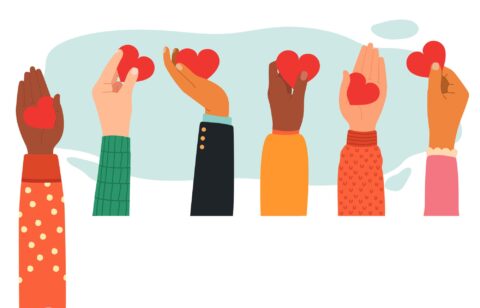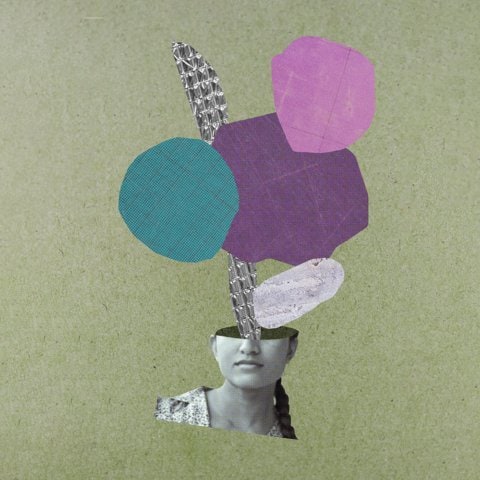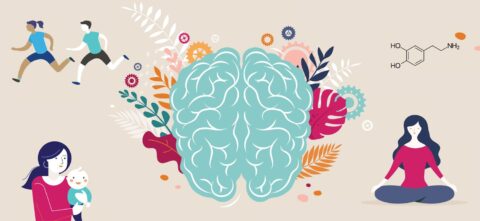We’ve all got that one friend…The “Good Vibes Only” gal. The one who’s response to bad news is: “Just think positive!”, “Everything happens for a reason” or “Happiness is a choice.” You know they mean well, but somehow this type of encouragement always leaves you feeling worse, not better. You find yourself feeling vaguely unsettled, resentful and a little embarrassed without knowing quite why. Most likely, you’ve encountered what’s called Toxic Positivity.
Toxic Positivity is an obsession with positive thinking. It’s the belief that people should put a positive spin on all experiences, even those that are profoundly tragic. It sounds nice, but in reality it denies people the authentic, empathetic support they need to cope. It’s an unhelpful behavior when imposed on others and is especially harmful when internalised. Rather than being able to share genuine human emotions and gain unconditional support, people find their feelings dismissed, ignored, or outright invalidated.
Toxic Positivity causes guilt and shame by telling people their emotions are inappropriate, unacceptable and weak. It also functions as an avoidance mechanism. It’s a way some people cope with emotional situations that make them uncomfortable – gloss over it, shut it down and move on. It allows us to avoid feeling things that might be uncomfortable or painful, but it also denies people the ability to face challenging feelings in a way that leads to growth and deeper insight.
What it looks like:
- Reminding someone that “it could be worse.”
- Saying after a catastrophe (even a death) that “everything happens for a reason.”
- Telling someone to get over their grief and focus on the good things in their life.
- Celebrating people who always seem positive or don’t share their emotions as heroes.
- Responding to someone’s concerns with “It can’t be that bad.”
- Feeling guilty about your own feelings of sadness, anger or disappointment.
- Hiding how you really feel.
If you’ve been affected by the toxic positivity of others — or if you recognise this kind of behaviour in yourself — there are things that you can do to develop a healthier, more supportive approach.
Some ideas include:
- Recognise that negative emotions are a normal part of the human experience
- Learn from your negative emotions, they can lead to understanding and change.
- Understand that you can feel multiple emotions simultaneously.
- Avoid trying to have a positive response or solution to someone’s problems – just listen.
- Be realistic about what you should feel. In a stressful situation it’s only normal to feel stressed, worried, sad, tired or fearful. It’s ok to feel these things.
- Stop consuming so much “positive” social media. (a little goes a long way)
The “positive vibes only” mantra can be particularly grating during times of intense personal distress. When people are coping with situations such as financial troubles, job loss, illness, or grief, being told to “look on the bright side” can seem dismissive, uncaring or downright cruel.
Toxic positivity is subtle – we’ve all experienced it and most likely inflicted it on others. Recognising it is the first step in avoiding this unhelpful, hurtful behaviour. We all want to provide and receive authentic support from our friends and family. So make an effort with yourself and others to validate, feel and process real emotions, no matter how messy. It’s part of being human.
This article was written by Hannah Moritz and shared through our submissions portal. If you would like to submit your articles to us for consideration, please send to [email protected]. We welcome engaging, topical and inspiring content to help us elevate the voice of kiwi women.
Related article: How I Quit Coffee Without Completely falling Apart.








